A significant part of the emotional baggage that we all carry around with us is related to guilt. Guilt due to an error of judgement, guilt from saying or doing the wrong thing, guilt because of putting ourselves first, guilt from having more than others, guilt from hurting someone’s feelings, the list goes on and on.
The dictionary defines guilt as a “feeling of responsibility or remorse for some offense, crime, wrong, etc., whether real or imagined.” For most of us who are holding on to feelings of guilt, isn’t the burden we are carrying around with us less about committing an offense or a crime and more just about human errors of judgement, making mistakes, and being limited by our knowledge, our way of thinking, our personal characteristics and our experience?
Is it fair to blame ourselves for doing badly in an interview when despite our best efforts, we didn’t have the personality to impress? Or despite being smart and capable, we couldn’t get along with the boss and therefore lost the job? Or, though we were well meaning, we gave advice to a loved one that may have led them to an undesired outcome. Unfortunately, we tend to believe that we should always know it all and always do right; we hold ourselves to such high standards that if we don’t meet them, we are consumed with guilt, unable to forgive ourselves, and determined to punish ourselves.
Guilt can become so extreme, that we may even feel guilty about being happy and enjoying ourselves, feeling that we don’t deserve it.
To be guilt-free and therefore at peace, we need to be compassionate and forgive ourselves for our lapses. We need to tell ourselves, as prominent American poet and author Maya Angelou reminds us, “If I’d known better I’d have done better”.
